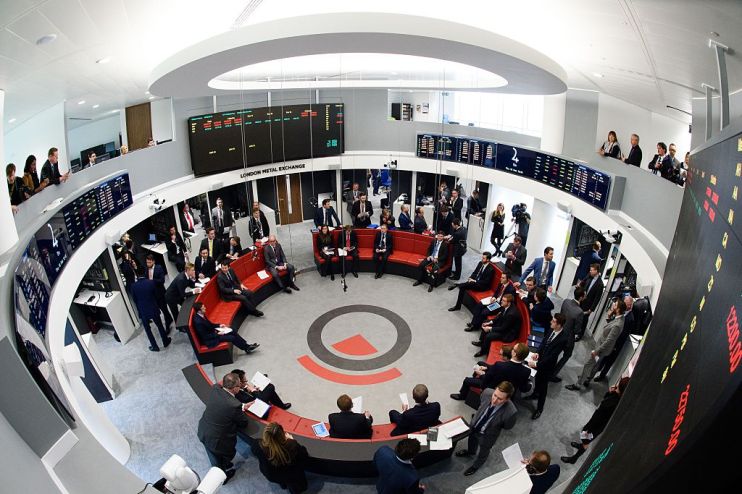Lawyers circle London Metal Exchange after nickel market meltdown

Demand for nickel has boomed over the last decade as car companies scramble to secure supplies to make batteries for their new ranges of electric vehicles.
At the start of this year, concerns about supply shortages following Russia’s invasion of Ukraine – where Russia delivers nine per cent of the world’s nickel supply – pushed the price of the metal even higher.
Prices hit record highs of $100,000 per ton on the morning of March 8 – driven by a failed short attempt by Chinese billionaire and Tsingshan Holdings owner Xiang Guangda.
Then, hours after the price spiked, the London Metal Exchange (LME) took the unprecedented move to suspend nickel trading, and later decided to cancel eight hours of trades worth a combined sum of $3.9bn.
Trading was subsequently suspended for over a week, before the LME attempted to re-open nickel markets with price controls, which caused markets to crash twice due to system errors.
The LME’s actions sparked a backlash, with the Financial Conduct Authority and the Bank of England launching review into the LME and its clearing house LME Clear, respectively.
The authorities will provide recommendations and could refer evidence of law-breaking or serious violations to their enforcement bodies.
It also provoked two US hedge funds to file multimillion dollar lawsuits in the UK.
New York fund Elliott Management (Elliott) is suing for more than $456m, and Jane Street is seeking $15.3m in damages.
They are set to argue the LME favoured certain market participants over others, breached its own policies, and violated the property rights guaranteed to them under the European Convention of Human Rights (ECHR).
Struggle for damages could be fruitless, lawyers warn
Lawyers speaking to City A.M. said that the firms likely face an uphill battle in trying to secure damages.
They explained that before either firm is able to claim damages, they must first challenge the market’s decision-making processes via a judicial review.
Peter Bennett, a partner at law firm Stephenson Harwood, explained that as of yet the funds have only taken the “first step” in filing for permission to subject the LME to a judicial review.
If granted, the firms will then have an opportunity to try and prove the LME acted in a manner that contravened the rules it set itself.
The application for a judicial review comes after the UK Court of Appeal in 2014 ruled in favour of Russian aluminium producer RUSAL in deciding the LME – a private company owned by Hong Kong Exchanges and Clearing – should in fact be subject to judicial reviews, due to the regulatory role it plays in the metals market.
As well as the many initial hurdles the claims must clear, Bennett cast doubt over the lawsuits’ potential success. He noted governing bodies, such as the LME, have “a lot of discretion” as to the actions they are able to take, as he suggested the LME would likely have been well advised on “how they should deal with their discretionary powers”.
David Griffiths, Director of Regulatory Affairs at risk monitoring provider Eventus, told City A.M. that the market crash was not inherently suspicious, and instead the fallout reflected the conflict between returns and market stability.
He said: “Investors tend to want the highest returns, but that has to be married against not driving the market in such a direction it is going to fall over. This is what was being reported as close to happening with LME.”
The LME has appointed US advisory group Oliver Wyman, to conduct an independent review of the crisis, and maintains its position that the call to cancel trades was necessary because the market was “disorderly”.
A spokesperson told City A.M.: “At all times the LME, and LME Clear, sought to act in the interests of the market as a whole. The LME therefore considers that Elliott’s and Jane Street’s grounds for complaint are without merit, and the LME will defend any judicial review proceedings vigorously.”
City A.M. approached both Jane Street and Elliott for comment.